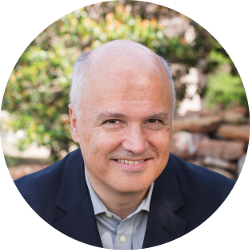Premise
Speculative fiction is about imagining what might be. The same can be said of science, the difference being that the next step in science—after you’ve imagined what might be—is to find a way to test whether your guess is right or wrong.
With fiction, the next step is to find a good story in the context of that speculation, and then see what that story tells us about the human condition.
The purposes of fiction are many: entertainment, education, escape, inspiration, influence, income … to name but a few. For some of these purposes, the validity of the speculation is irrelevant. If the consumer of said fiction wants entertainment or escape, it doesn’t really matter whether zombies are real things, or whether a muggle can, in fact, become a sorcerer.
But whether we realize it or not, even when we read to just to escape our current reality or be entertained for a few hours, we’re also influenced and educated (or mis-educated, as the case may be). If we want to be inspired, the power of that inspiration is eroded by the degree to which we realize that the story is inconsistent with our own physical reality.
Much of the science fiction I consumed in my youth existed in universes very different from our own: universes that were self-existent; where life created itself by a spontaneous (and seemingly almost infinite) series of accidental combinations of atoms; where a computer could become sentient if you just added enough memory; where robots exercised free will; where people, if they were smart enough or disciplined enough could control matter with just their minds.
But I found that the principle values of those stories—what they tell me about the human condition, their ability to educate and inspire—were fundamentally compromised because the universes in which they unfolded were not the same universe in which I lived.
So here’s the speculative framework for the story of Two: A finite universe was created by an immensely powerful and intelligent being; that same being created all manner of life on a planet somewhere in the expanse of that universe; that same being created a unique form of life on that same planet, unique in that he endowed it with the freedom to choose its own way. Then, suppose those created beings exercised their free will and chose to explore the rest of said universe. What might they find?
I felt uniquely qualified to tell this story because I come from just such a universe.






